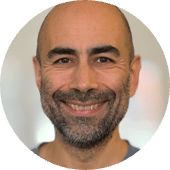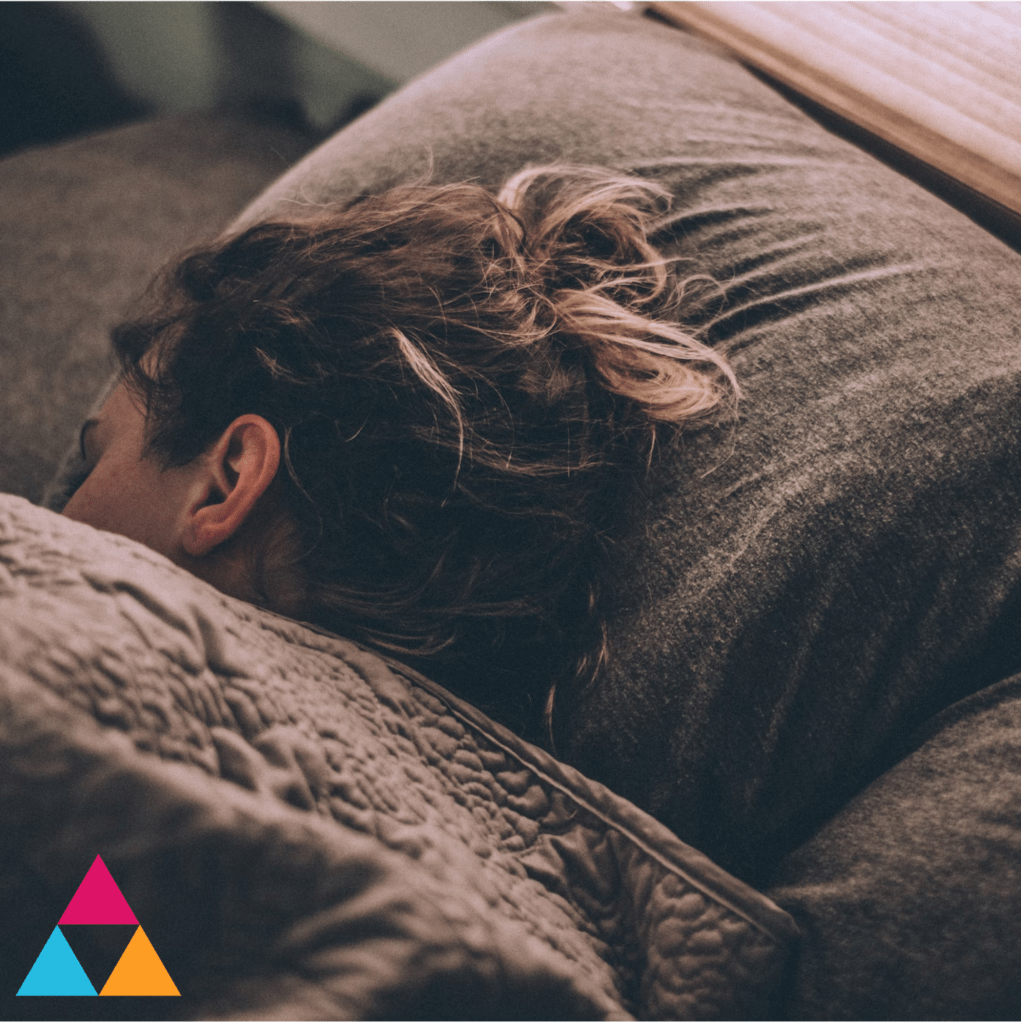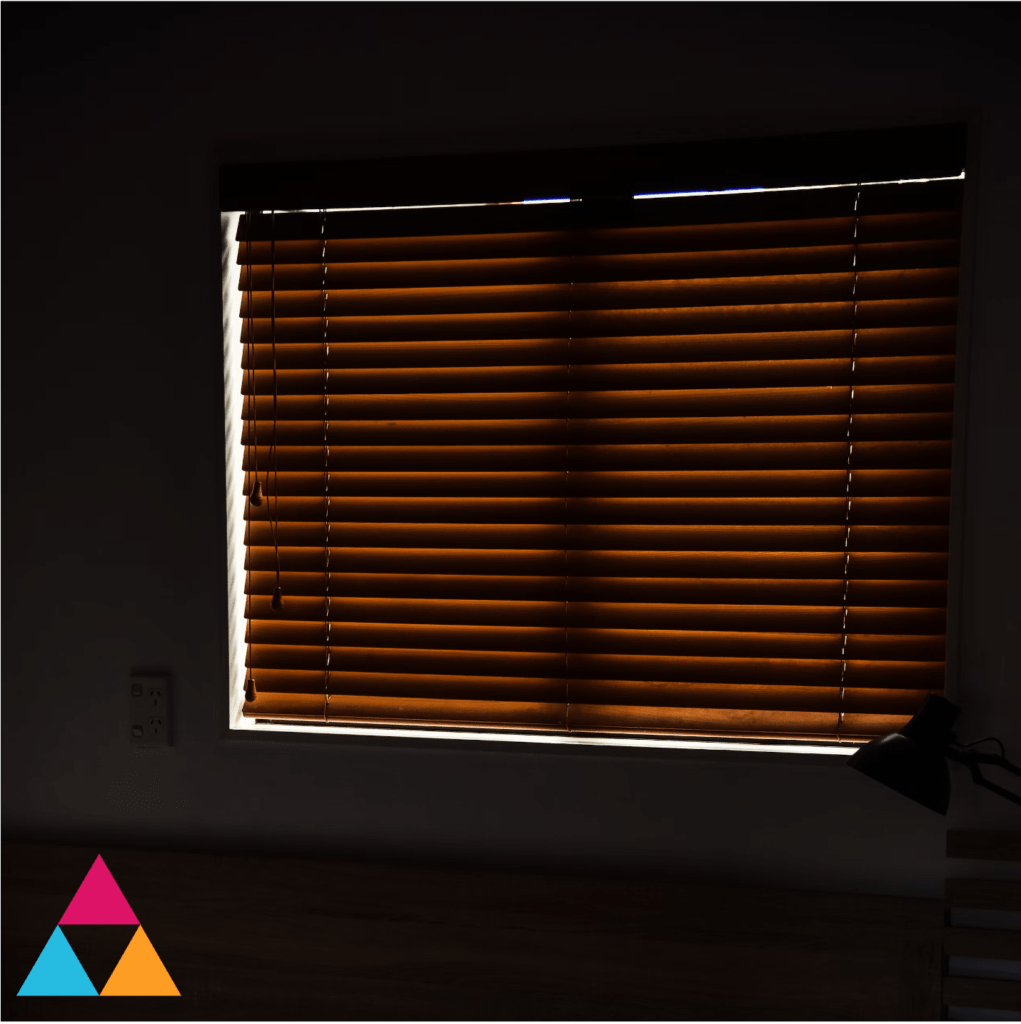These materials are provided to inspire you as you develop your 30-day plan to grow in this topic. Please refer to the worksheet-focus-area-goal-setting for step-by-step instructions on practice design.
What would shift in your leadership if rest and recovery became a priority? Explore how quality sleep and regular recovery fuel your focus, resilience, and emotional clarity. How can embracing rest as a vital resource enhance your capacity to lead with energy, presence, and balance in all areas of life?
Here’s the introductory video from Part 2.
Here’s a new video going deeper into the topic.
What beliefs do you hold about rest and sleep?
Are your beliefs limiting or supporting when it comes to providing your body with rest, recovery and sleep?
Limiting beliefs
As long as I sacrifice sleep for productivity, I can feel accomplished
As long as I push through fatigue, I can achieve my goals
As long as I work continuously, I can prove my dedication
As long as I skip recovery days, I can feel stronger
As long as I stay up late occasionally, I can enjoy social activities
Liberating beliefs
As long as I prioritize sleep, I enhance my physical and mental well-being
As long as I listen to my body’s need for rest, I respect its limits
As long as I take regular breaks, I maintain my energy and focus
As long as I value recovery, I enhance my performance and resilience
As long as I maintain a consistent sleep schedule, I regulate my body’s rhythms
“Think in the morning. Act in the noon. Eat in the evening. Sleep in the night.”
William Blake
What gifts could you give to your body?
My inner experience
- I feel more rested after my sleep.
- I notice my body responding positively to rest.
- I value my recovery time as essential.
- I consistently prioritize rest in my lifestyle.
My observable actions
- I track my sleep patterns using a sleep app or journal.
- I implement a nightly relaxation routine at least five times a week.
- I recognize patterns in my energy levels and adjust accordingly.
- I incorporate rest days into my exercise routine.
My shared experiences
- I discuss my rest goals with friends for support.
- I receive encouragement from peers to prioritize self-care.
- I discuss the importance of rest with friends and family.
My knowledge & environment
- I create a relaxing environment in my home to promote rest.
- I discuss my sleep goals with supportive friends or family.
- I identify and address three external factors that disrupt my sleep.
- advocate for workplace policies that prioritize employee well-being.
“Almost everything will work again if you unplug it for a few minutes…Including you.”
Anne Lamott
Resources
Science and Benefits of Sleep
- One More Reason to Get a Good Night’s Sleep by Jeff Iliff (TED Talk)– Highlights how sleep supports brain function and recovery.
- Sleep is Your Superpower by Matt Walker (TED Talk) – Explores the comprehensive benefits of sleep for health.
- Why We Sleep by Matthew Walker (Book) – An in-depth look at the science of sleep and its health impacts..
- Sleep Smarter by Shawn Stevenson (Book) – Offers strategies for improving sleep quality.
- SleepFoundation.org (Website) – Provides tools for tracking sleep patterns and understanding sleep health.
Techniques for Relaxation and Mental Disconnection
- How to Turn Off Work Thoughts During Your Free Time by Guy Winch (TED Talk) – Techniques for mental relaxation and work-life balance.
- Calm (App) – Offers guided meditations focused on sleep and relaxation.
- Insight Timer (App) – Provides meditations specifically for rest and recovery.
- Psychology Today (Website) – Resources on creating effective relaxation routines.
Balancing Rest, Work, and Recovery
- The Power of Full Engagement by Jim Loehr and Tony Schwartz (Book) – Focuses on balancing rest and work for sustained energy.
- Dare to Lead by Brené Brown (Book) – Discusses the role of rest in workplace well-being and personal growth.
- Unlocking Us by Brené Brown (Podcast) – Discussing workplace well-being and rest.
- Feel Better, Live More by Dr. Rangan Chatterjee (Podcast) – RestExplores practices for rest and well-being.
- Coursera – The Science of Well-Being – Emphasizes the importance of sleep for overall well-being.
Sleep Improvement and Energy Management Tools
- Rise (App) – Provides holistic approaches to improve sleep and manage energy.
- National Sleep Foundation (Website) – Offers guidance and research on sleep benefits.
- Healthline (Website) – Information on the importance of rest days for physical and mental recovery.
Sunil’s experience

“I recently decided to add half an hour to my daily sleep target. Previously, I aimed for seven hours but usually managed only six hours and 45 minutes. What motivated me was reading yet again about how crucial sleep is for health, and recognizing that I wasn’t always as alert as I wanted to be in my work and relationships. When I was younger, I thought I was most productive in the evening, but lately, I found I often lacked focus and motivation to work late.
I used to hold the belief that sleep was an inconvenience—something to minimize so I could have more time for fun and work. But I’ve learned that when I prioritize sleep, I’m more fully engaged in both my fun and my work. I’ve also come to trust the science that tells me enough sleep increases my chances of living a long and healthy life.
To make this shift, I began going to bed more consistently, narrowing my sleep window from a three-hour range (9:30 PM–12:30 AM) to just one hour (9:45–10:45 PM). Similarly, I now wake up within a 90-minute window (5:45–7:15 AM), instead of a three-hour range. I’ve been tracking my sleep using a Fitbit and later an Apple Watch, and I also use the Rise app, which gives me advice, reminders, and smart alarms to optimize my wake-up time based on my sleep cycle.
This change has had a noticeable impact. I’ve gone from needing a couple of naps a week to just one nap a month. I rarely feel tired during the day and have consistent energy levels. I’ve also involved my wife in this process. Together, we agreed to go to bed earlier and at a more consistent time. We’ve also started sharing three things we’re grateful for each night before going to sleep, which gives my mind something calming to focus on as I drift off.
On a practical level, we even switched from sharing a king-size duvet to each having single duvets. This way, if one of us moves at night, the other isn’t disturbed. I’ve also become more mindful of how drinking fluids late in the evening can interrupt my sleep, and I’ve adjusted accordingly.
My beliefs about sleep have transformed. I now see sleep as an investment in my energy, focus, and overall well-being, rather than something to minimize. This has been a liberating shift, and I’ve experienced firsthand how prioritizing rest can positively impact every area of life.”



